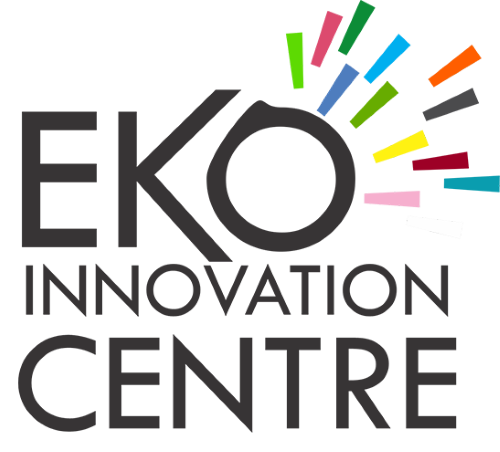Most founders begin their journey in survival mode. They handle marketing, manage the team, close sales, oversee finances and still find time to pitch to investors. It’s inspiring, but it’s also unsustainable.
The Trap of the Hustle
The hustle mentality can get you started, but it often keeps you stuck.
Many startups plateau because everything depends on the founder. When processes live only in one person’s head, growth becomes impossible. Investors notice it. Teams feel it. And eventually, burnout follows.
Hustle might get you through the early stages — but without structure, it can hold you back from real growth.
Why Structure Matters
Structure is not bureaucracy; it’s the backbone of consistency. It helps a business deliver value the same way every time, regardless of who’s handling the task.
With structure:
– New team members can integrate faster.
– Customers get a consistent experience.
– Operations become smoother.
– Data drives smarter decisions.
Structure is what separates a promising startup from an investable one.
How to Systemize Your Startup
1. Document Everything.
Start with the basics — your sales process, customer onboarding, and communication templates. Writing things down creates clarity and repeatability.
2. Automate Repetitive Tasks.
Use simple digital tools for CRM, accounting, and task management. Automation reduces manual work and allows founders to focus on strategy.
3. Define Clear Roles.
Even in a small team, clarity matters. Clear responsibilities eliminate confusion and help everyone understand how their work connects to the bigger picture.
4. Create Feedback Loops.
Set up regular reviews to track progress and learn quickly. A structured feedback system ensures your startup keeps improving.
The Founder’s Shift
Scaling requires a mindset shift. Founders must evolve from doers to leaders, people who design systems others can execute.
The best founders aren’t the busiest. They’re the most organized. They build systems that keep the business running smoothly, even when they step away.
Conclusion
Every startup begins with hustle, but scaling requires structure. The ability to build systems, delegate effectively, and create repeatable processes is what transforms a small business into a sustainable company.
At Eko Innovation Centre (EIC), we help founders make this transition through mentorship, community, and structured programs designed to guide them toward long-term success. Because in the end, growth isn’t about doing more — it’s about building better.
